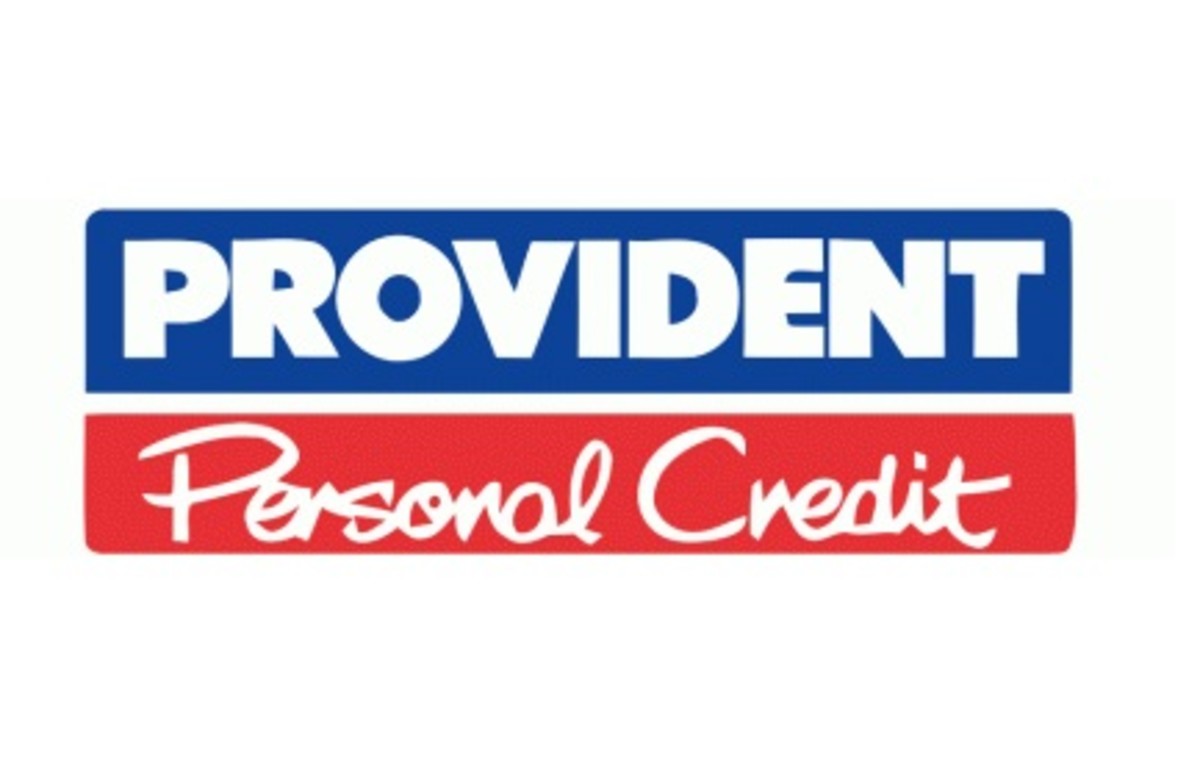Loan Types and Options
Loan types and options
Each loan type varies in complexity and the loan schedules may vary from on-demand (a demand loan) to equal monthly installments (an installment loan) to a notice due at majority (a time loan).

Term Loans
Term loans are the most common form of financing arranged by commercial banks and are usually loans in which the loan amount matures after one or more years.
An Overview of Term Loans
Term loans are the most common loans for financing arranged by commercial banks for businesses and typically carry a fixed interest rate. A term loan is a fixed-term business loan in which the loan note matures after a specified period of time, typically more than one year and less than fifteen. The most common loan maturity is between one and ten years and the loan amounts are paid back from profits generated by the business on a fixed payment schedule, also known as an amortization schedule. Term loans provide business enterprises with working capital to acquire company assets, inventory, and equipment or to finance plant or service generating cash flow. Term loans fall into two classifications, intermediate-term loans, and long-term loans.
Intermediate-Term Loans
These loans usually run less than three years with monthly payment installments and often end in a balloon payment, which is a large sum final payment that is greater than the preceding payment installments and pays the loan in full. The repayment of this type of intermediate-term loan is directly tied to the useful life of the asset or assets being financed.
Long Term Loans
Long term loans are usually loans of 3 or more years and typically less than 10 years. Some may run as high as 15 or even 20 years, but these are the a-typical cases rather than the norm. With long term loans, payments are made against the profits or cash flow of the business being financed, typically in quarterly installments. To protect against loan terms and conditions violations, most long term loans contain affirmative and restrictive covenants that allow for acceleration on the maturity of the loan. The loan conditions may also put limitations on the amount of additional financial commitments the business may take on (such as additional debt for equipment) and sometimes requires profits to be set aside to repay the loan.
Who Term Loans Are Appropriate For
Term loans are not consumer loans, nor are they recommended for up-start businesses without collateral or strong credit history. Term loans are targeted toward well established small businesses that can leverage current financial status to minimize the monthly payments on the loan amortization schedule. Qualifying for a term loan requires a sound credit history and a rigorous approval process, but can greatly reduce risk by minimizing costs. Before going through the loan process to purchase equipment, it's important to analyze your needs and ensure you can make full use of ownership-benefits, such as depreciation. It's also a good idea to weigh the cost-benefit of owning the equipment vs. leasing it. Another good rule of thumb is to shop around for the best interest rate as it will vary across banking institutions.
Understanding term loans aren't all that difficult. It's the qualification process that is. Fortunately, businesses with a strong financial history and the right vision can secure these low-interest rate term loans to help grow their businesses today!

Demand Loans
Demand loans incur no specific maturity date and the loan can payable at any time.
An Overview of Demand Loans
Demand loans are loans where there is no maturity date and are payable at any time, at the discretion of the lender. Payments are made on the interest of the loan only until the principal is paid off or the lender demands repayment of the loan in full.
Avoiding a Demand Loan Nightmare
Demand loans can be tricky and troublesome if you do not have a means to quickly pay the loan back when it's demanded or called in. When you take on a demand loan, you are taking on a certain level of risk not typically associated with other loans, such as Term Loans and Time Loans. Let's look at an example of why a demand loan can be dangerous.
David walks into a bank and borrows $25,000 on a demand loan. David uses the $25,000 as a down-payment for a land purchase, taking on the risk that the bank may call in (demand) the loan repayment at any given time. Shortly after his land purchase, the bank calls in the loan and requests immediate payment. David does not have any other liquid assets available to pay for the loan and thus has to sell the land, which he purchased with the initial loan, at a distressed price in order to meet the terms of the loan contract. In this scenario, the demand loan was a bad loan choice for David and it ended up causing him financial stress.
When it comes to a loan, the most important thing is to know what you're getting into. The last thing you want to do is default on a loan. The banks are lending you the money in good faith and it's up to you to keep that faith by paying back what you've borrowed. One of the keys to turning the loan into a successful venture is to avoid loans that are not right for your situation. We hope you now understand the potential risks associated with demand loans!

Time Loans
Time loans are business loans that are payable at the date in which the loan matures, such as after 120 days from the loan agreement date.
Understanding Time Loans
Time loans are loans that are payable in full after a given period of time. These short-term business loans typically have maturity dates that peek after 30, 60, 90, or 120 days from the time of the loan contract. Interest in these types of loans is deducted or discounted, in advance when the loan is made. Similar to a demand loan, time loans differ in that the lender cannot demand repayment of the loan amount until the loan has fully matured. Time loans are typically re-paid through the turnover of company assets and sales of inventory. If your business requires a longer-term loan, with a maturity of one year or more, it's recommended you secure a term loan If your business needs a short-term loan to assist in the purchase of company assets, such as manufacturing equipment, then a time loan is a viable option. Secure a time loan if your company has assets or payments held up that are preventing purchases of important equipment. Once you receive your payment from the other party, you can apply it to satisfy your time loan.

Need to consolidate your student loans?
Finding the best student loan consolidation program and lender can be a challenge. There are a plethora of lending agencies all competing for your business. You can use this to your advantage to secure low interest-rate loans with favorable terms.
This article is accurate and true to the best of the author’s knowledge. Content is for informational or entertainment purposes only and does not substitute for personal counsel or professional advice in business, financial, legal, or technical matters.
© 2019 Jason Nicolosi








